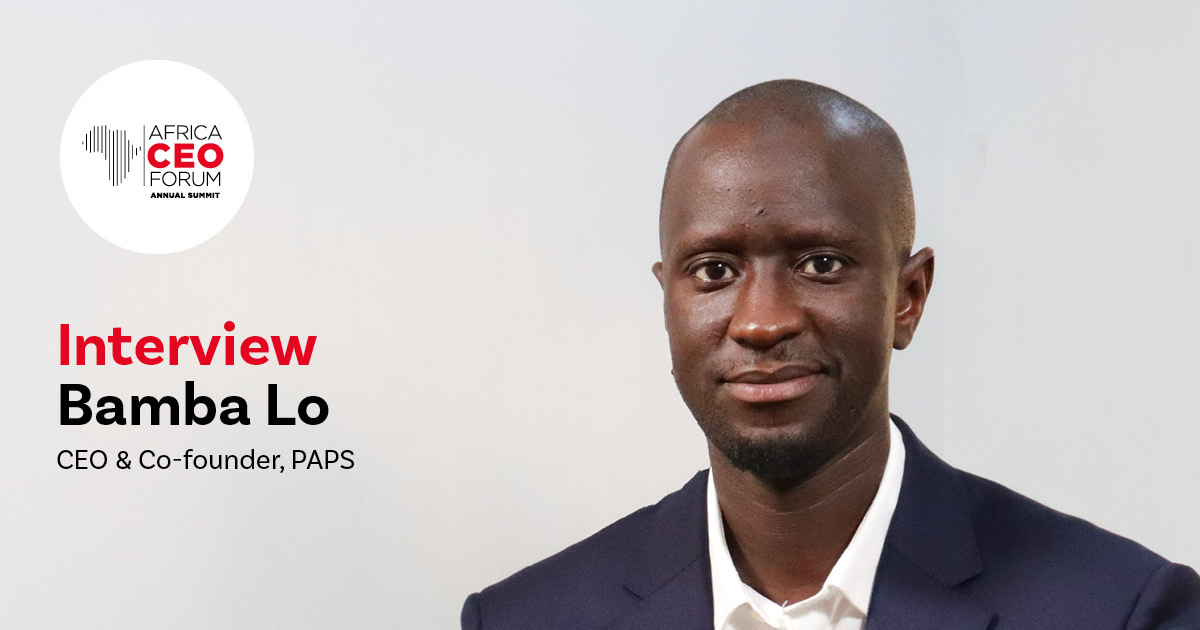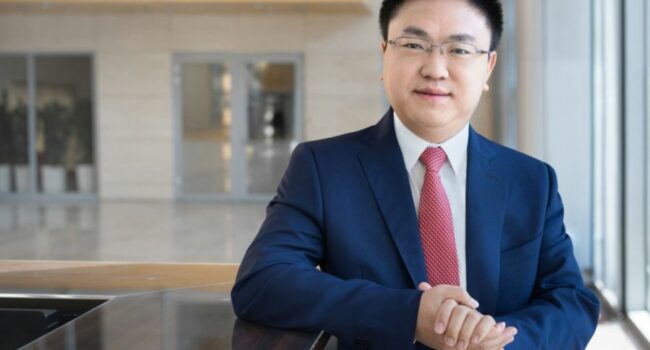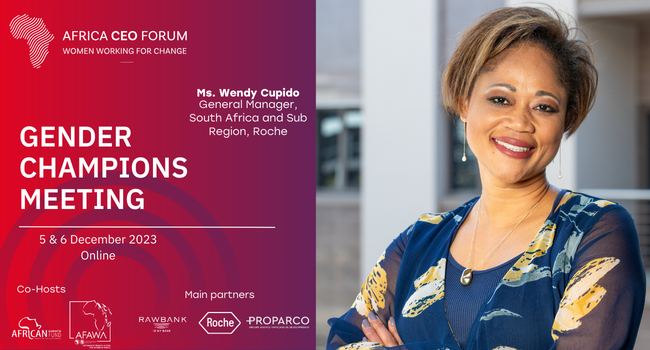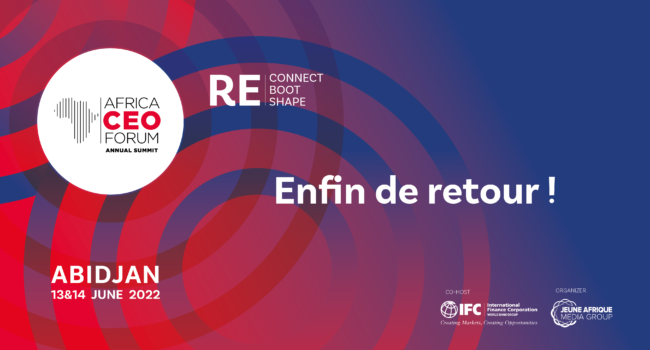Weathering the Storm

Bamba Lô, CEO, Paps
It was during his time as a university exchange student that Bamba Lô, CEO and founder of Paps, had his first taste of Senegal’s business world. He decided that he would, one day, move to Dakar. Now, the whole of Africa is well and truly in this insatiable Senegalese entrepreneur’s sights. After graduating business school (IDRAC, Paris), Lô first worked in video conferencing software publishing before going on to a banking and insurance consultancy firm. The second startup in his portfolio after a foray into outsourcing services, Paps is Francophone Africa’s first on-demand delivery company, connecting private clients and individuals with delivery drivers. Just six years after its inception in 2016, over 10 million deliveries have already taken place. Its community of “Papsers” , or delivery drivers, connects customers from Dakar with Senegal’s villages on a daily basis. Now a leading startup in Francophone Africa with $4.5 million raised in January 2022, we are proud to bring you these excerpts from our interview with Bamba Lô as part of our Weathering the Storm series.
How did you come up with the idea for Paps?
Paps is the result of an experience rather than an idea. I once worked with a call centre in Senegal that sold subscriptions. They noticed that a significant number of purchase intentions did not translate into actual sales. The reason for this was mainly due to physical limitations, particularly travel to branches. So they decided to outsource this service to the company I was working for. We realised that there was a lot of potential in this area and almost no competition – or at least, formal competition. With Paps, we can provide a formal delivery service to companies that need it. We devised technology solutions that allow us to offer our customers shipment visibility across an infinite fleet. And now, through our academy, we are making it possible for people working in the informal sector to join a fleet in a formal setting.
How would you describe your business model, and how has it evolved?
Our business model has mainly evolved as we have gained customers. Today, it boils down to two principal ecosystems: connecting couriers, transporters and logistics providers with customers that need something. Through these connections, we take a percentage of completed transactions.
The Covid crisis has dramatically affected value chains and logistics. What impact has it had on your business?
The impact has been quite positive, as local businesses have changed the way they work to limit their import needs and to hold more stock. This shift has presented opportunities for storage, preparation and distribution. The impact has not been as great as that seen in food delivery, but the crisis has strengthened our relationships with clients and has allowed us to move upmarket with certain services.
Do you think the pandemic will change logistics in Africa in the long term?
Logistics serves sectors that have themselves been profoundly affected by the health crisis. Retailers, for example, have taken the opportunity to open local shops, as is the case with our partner Auchan. They understand that physical stores may have reached their limits and that digital presents a new alternative, but that other innovative solutions may be on the horizon. For example, a company we work for has decided not to set up stores in certain cities but to offer only digital stores. They go to our relay points and install kiosks that allow for delivery within 24-48 hours. This is what we are now working towards – a phygital approach rather than purely digital or physical.
A month ago, you raised $4.5 million from large groups of investors such as Saviu, Yamaha Motor Co. and Google Black. Is financing their only contribution?
Some of them only provide us with financing, and others, we hope, will be more involved. We rely on the networks and experience of some strategic investors to develop and create new offerings, as is the case with Yamaha, Orange and 4DX Ventures. This exchange is just as important for investors as it is for customers and partners. But in spite of all this, we are determined to stick to the frugal, bold and ambitious model that we devised at the beginning.
How will you use these additional resources?
By recruiting the people who will take us further. Entrepreneurship is above all a human endeavour. Technology facilitates interaction, but we are not among those who believe that robots will be handling customer service in the near future. It will be those people who understand customers’ lives. These funds will also allow us to better satisfy our community of customers and Papsers through new services. We are developing a brand rather than a product, which encourages us to adopt responsible policies, particularly when it comes to the environment. We plan to expand. We want to be a regional hub connecting Francophone countries. There are almost 300 million people in the French-speaking world! How can we help them connect? What will business look like tomorrow? What we do know is that e-commerce will be part of the equation and, for that, we need enablers.
You have won many awards since Paps began, including the Orange Innovation Challenge and Hub Africa. How does such recognition help you develop? Was it an instrumental factor in the fund-raising mentioned above?
It was indirectly instrumental. First, it’s always rewarding for a brand to be recognised in this way. Secondly, it makes us more ambitious. When we won Hub Africa, we had more dreams than concrete plans. Recently, we were named the “Best Place to Work” in Senegal 2021. For us, this has a value that far exceeds any prize or award. We founded this company to create an environment in which our Papsers can thrive. Winning awards doesn’t really help you raise millions. The most important things are the numbers and your plans.
African startups broke all records last year after raising more than $5 billion. How do you explain this phenomenon?
The first big Nigerian unicorns like Interswitch and Jumia have been around for several years now. In their wake are entrepreneurs who they have inspired to be ambitious, and who have seen that there are plenty opportunities across the market. The strength of a country like Nigeria, in addition to its market size, is that it is aligned with the United States, which is itself the world’s leading startup ecosystem.
To deliver efficient and quality tech tools, you work with a lot of engineers. How do you go about recruiting talent?
We do what Airbnb and Google do: we recruit people who truly embrace our mission, who are Papsers first and foremost, regardless of their area of expertise. Then, on the development side, we have some pretty tough and rigorous testing. There are more and more developers but few who have had the opportunity to really work on projects. So testing is key, and we recruit on that basis.
African cities are at the forefront of e-commerce development in Africa and, at the same time, megacities continue to grow, as does the African middle class. Where do your activities fit in this context?
We have not set out to be an urban player like Uber Eats or Glovo. We are enablers for such companies, because we allow them to operate in urban areas but also to reach rural customers. We are there, every day, in Senegal’s most remote villages… we restock pharmacies, we distribute invoices throughout the country… these are life’s essentials. We also want to work in the export space by helping local producers to sell abroad. How can we make sure that their products can be found on Cdiscount and Amazon? This is something we are working on. Africa influences the world and will continue to do so. We want to be at the heart of this and to give all our producers, processors and exporters the opportunity to reach as many customers as possible, wherever they are.
In order to diversify, you have launched a delivery service for businesses through the app. How important is innovation at Paps and what new services are you aiming to offer your customers in the future?
Innovation is key, and new products depend on the customer. We try to innovate in two ways: firstly in how we work, and secondly in how best to serve our customers and their needs. For example, we are in the process of developing a network of warehouses. Buying land to build warehouses is not a very innovative approach for our business. But on the other hand, we are being innovative for our customers if we can offer them a storage solution. The question is, how can we provide customers with a storage service while at the same time being innovative in how we operate so that our business model is scalable, easily duplicable and profitable? That is the big question. We started with the hardest part, on the ground, in villages, and we are moving towards the easiest bit by going international, which today represents 70% of logistics in Africa, and which is dominated by European players. We want to offer alternatives to our customers.
Although the project started in Dakar, you clearly have continental ambitions. What are your priority areas?
We have our sights on Francophone Africa. Benin, Togo, Burkina…
What do you think of the entrepreneurial environment in Senegal and what would you like to improve, especially in terms of the digital economy?
We do what we have to do, government or no government! Being a startup means leading the way. We were up and running for four years before getting our operating license… That’s how it is! Governments are bound to be on the back foot because we are innovating. So yes, the authorities are lagging behind on certain regulatory issues relating to contracts and the type of activities we undertake. The way we make a difference is by bringing value to our customers and to the people who work for us.



